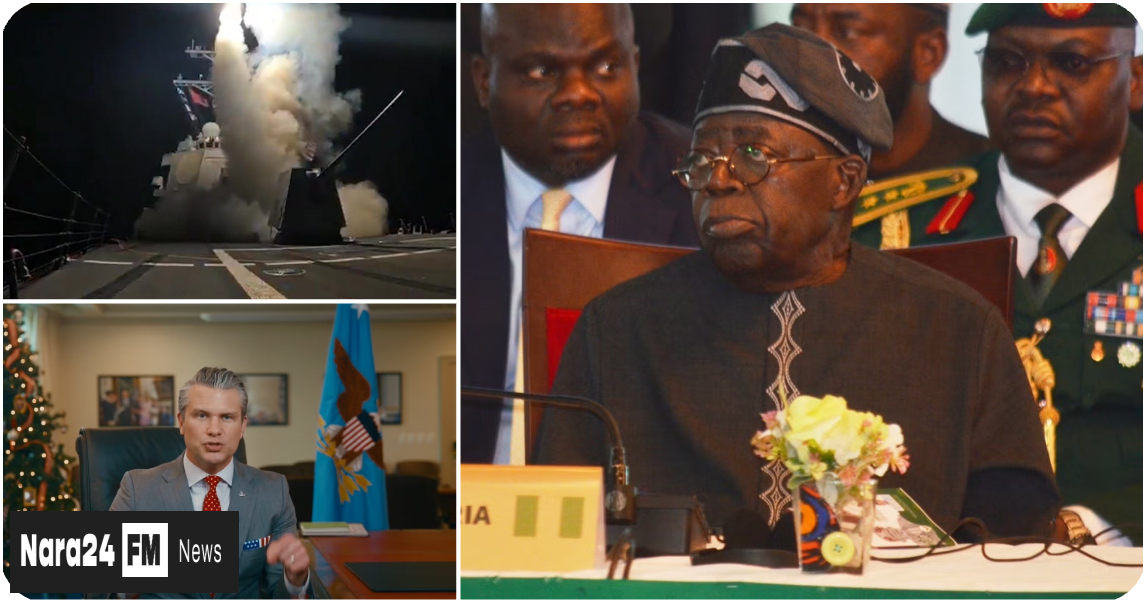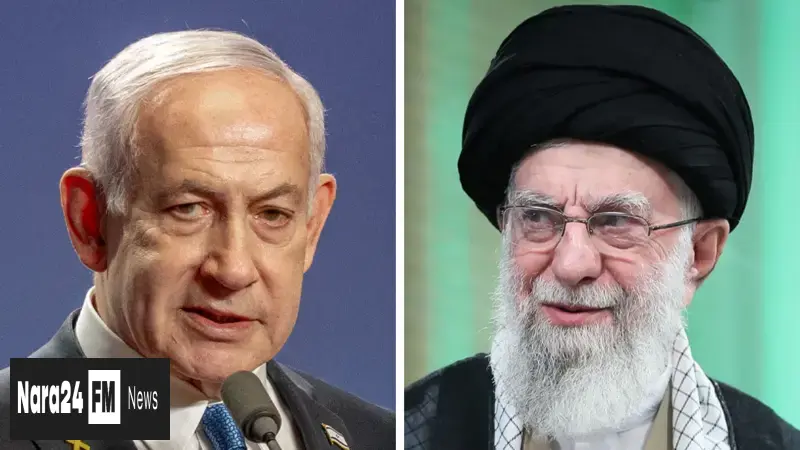Former US President Bill Clinton has raised concerns over Israeli Prime Minister Benjamin Netanyahu's longstanding stance on Iran, cautioning that it could escalate tensions in the region and have severe consequences for civilians.
Clinton expressed his disapproval of Netanyahu's desire to engage in conflict with Iran as a means to bolster his political position. He emphasized the importance of avoiding undeclared wars that predominantly harm innocent civilians, advocating for a more diplomatic approach to handling international disputes.
The former president's remarks come at a time of heightened tensions in the Middle East, with Israel carrying out military operations in Syria, Lebanon, and reportedly inside Iran. Netanyahu has consistently justified his confrontational approach by citing Iran's nuclear ambitions and support for groups like Hezbollah and Hamas.
During his presidency from 1993 to 2001, Clinton was known for his efforts to engage with Iran, despite the country being labeled a sponsor of terrorism. His administration focused on implementing diplomatic measures and targeted sanctions to address Iran's nuclear and missile programs, while emphasizing the importance of avoiding military conflicts.
Clinton stressed the need to prevent Iran from obtaining nuclear weapons but cautioned against excessive use of military force, highlighting the impact on vulnerable civilian populations. His comments are particularly pertinent as Netanyahu's government faces criticism for its military actions, especially in Gaza, where civilian casualties have been significant.
The former president also indirectly referenced former President Donald Trump's decision to withdraw from the 2015 Iran nuclear deal, which exacerbated tensions in the region. Clinton urged current leaders to prioritize de-escalation and diplomatic solutions to prevent further conflict.
In a time of increasing pressure for the US to support Israeli military actions more aggressively, Clinton's remarks underscore the importance of stability and restraint in international relations. His advocacy for sanctions, covert containment, and diplomacy as alternatives to military intervention contrasts with recent approaches adopted by the Trump and Netanyahu administrations.
Clinton's message resonates amid growing uncertainty over America's role in Middle East conflicts, emphasizing the significance of pursuing peaceful resolutions and averting unnecessary bloodshed. As the region grapples with complex geopolitical dynamics, his call for moderation serves as a reminder of the value of preventing conflicts rather than perpetuating them.









Comments (0)
Leave a Comment
Be the first to comment on this article!